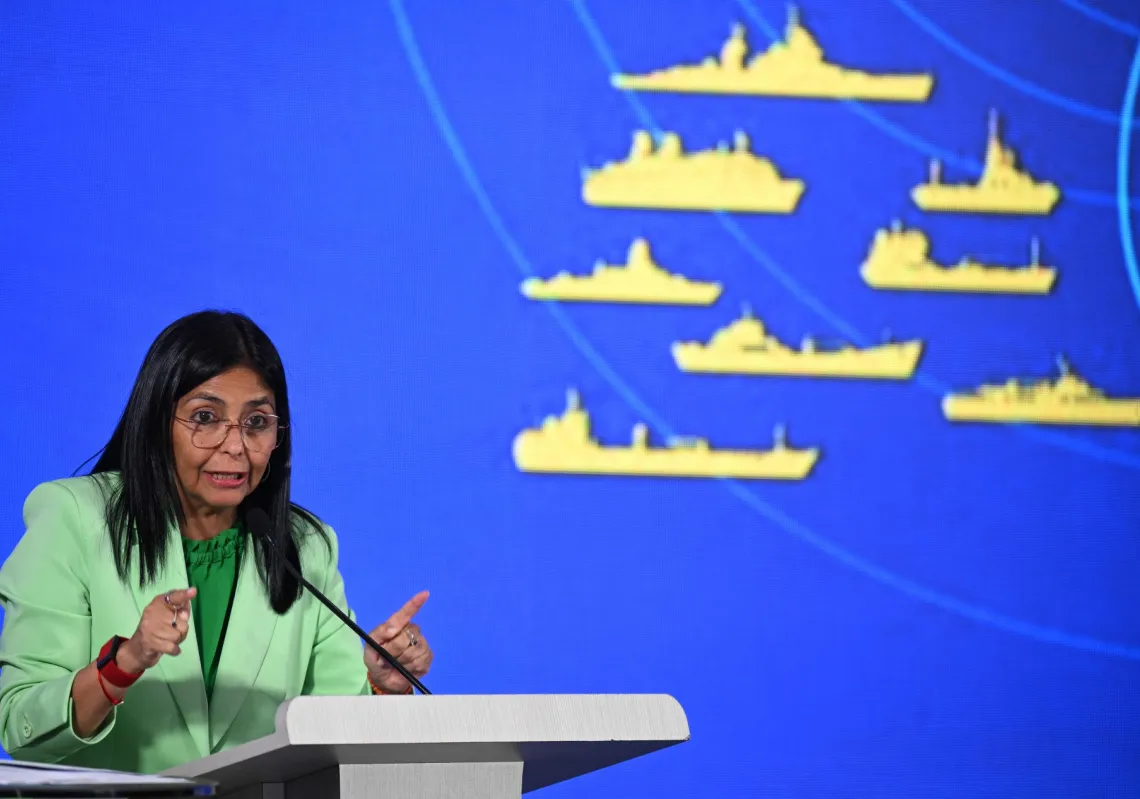Although the Gulf economies have weathered the Global Financial Crisis (GFC) relatively well, the same cannot be said about their financial centres. Stock markets in the Middle East are still on average 25 (Saudi Arabia) to 50 percent (Bahrain) below their pre-crisis levels, whereas the London, New York, Hong Kong and Singapore stock markets have largely recovered. The region’s shaky regulatory reputation, coupled with the shortage of capital that hit the region’s markets due to severe losses incurred by real estate investments, has made a quick recovery problematic.
Despite this gloomy picture, the GFC offers a critical opportunity for the region to seriously improve its economic and financial systems. Financial crises are a well-known catalyst for reform since they increase the costs of inactivity by policymakers. As such, Gulf states are now presented with a valuable window of opportunity to tackle the endemic weaknesses in the financial structures and regulations that contributed so much to the severity of the region’s financial debacle.
Despite the differences between the political institutions, levels of economic openness, diversification, and regulatory structures of the Gulf States, there is an evident trend of structural problems in most of the region’s financial centres. Policymakers need to focus on two main areas of reform which greatly contributed to magnifying the ripple effect of the GFC: the risk-prone nature of the economic and financial infrastructure, and the deficits in the region’s financial regulatory structure.
First, Gulf financial markets are overly liquid and volatile. Most of the markets are dominated by a handful of big, often state owned, companies. The ensuing high risk attracts the attention of hedge funds, therefore, these markets also attract liquidity. Together, the lack of financial diversity and high liquidity end up magnifying volatility and instability, notably in the presence of external shocks such as the GFC. Furthermore, big players in these financial centres – mostly sovereign wealth funds and high net worth individuals – have a predilection for American and European (mostly German) real estate investments, which further increases systemic risk. These risk-generating structural circumstances not only render these markets highly vulnerable in normal times, but also proved fatal in the wake of the GFC.
Part of the solution to this problem lies not only in continuing present efforts at reform, but also in engaging in new reforms. A genuinely open economic and financial system would attract key foreign investment and much-needed (expatriate) skilled labour. Gulf countries by and large suffer greatly from skilled staff, regulatory deficits, and a lack of economic and financial diversity. Given the relatively low number of IPOs, especially when compared to Western or Asian financial markets, the Gulf markets must work to increase the number and diversity of listed companies. This will help create a balance between stable and liquid funds, and therefore help reduce volatility. A transition from a family-owned-company business structure to a further privatization of state-owned companies will be needed.
More critically, Gulf countries must improve their “ease of doing business”. This entails enhancing the ability of legal institutions to enforce property and contracting rights, reducing obstacles to setting up a business and reducing corruption. As shown in the latest World Economic Forum’s Global Competitiveness Report, Saudi Arabia, UAE and Qatar have made encouraging progress, but most of the region’s economies have shied away from reducing government involvement in the overall economy as well as in financial markets. Weak property and contracting rights, government ownership of stock exchanges, and control over vital board positions in regulatory bodies significantly reduces the perception of impartiality and credibility of these bodies. These issues are critical if markets are to grow and attract the interest of foreign and private entrepreneurs.
Second, although the region’s financial regulations are still considered weak by foreign standards, it is incontestable that encouraging steps have been made towards improving regulations in the past few years. Nonetheless, Gulf states must press further in their endeavours to implement and enforce Basel II, as well as to address the systemic risks unveiled by the GFC. Regulatory changes therefore need to address systemic risk rather than cater to moral value concerns, such as present international initiatives to cap compensation practices.
Yet the main challenge here is not to commit to new standards, but to create viable frameworks for their implementation and enforcement. The complexity of some regulatory structures and the need to reply on competent regulatory staff offers a clear example. One Basel II criteria implies calculating prudential reserves as a function of the weighted risks of a bank’s investment portfolio. Given the complexities of today’s financial instruments, the credibility of a regulatory body’s impartiality and competency must thus be without question. Yet, despite the regions acute lack of adequately trained specialists – which undermines the efficiency of financial institutions and regulatory bodies alike – most countries in the region maintain strict cross-border movement restrictions on qualified personnel. Given the fundamental complementary nautre of these policies, it is clear that the development of Gulf financial centres continues to be hindered by their insufficient, and sometimes contradictory, reform efforts.
While reform incentives vary from country to country, the bottom line is that Gulf states should take advantage of the GFC to create a “continual” culture of reform. There are many benefits to be had, including the development of a regional hub which may eventually come to rival established financial centres in Europe and the US. Given the immensity of the task of developing these centres, Gulf states must be cautious to avoid undertaking piecemeal reforms and focus on comprehensive and continual reform programs.
Daniel Capparelli - Researcher at the London School of Economics and Political Science and at the European Institute for International Political Economy








